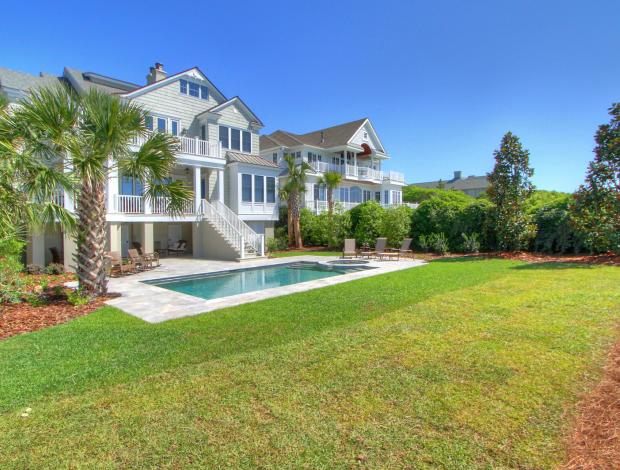Prove your intent
The first thing the IRS examines in a 1031 exchange is your intent. The intent with which you purchase a property and use it plays a significant role in determining whether or not you will qualify for a 1031 exchange. Properties utilized for personal use don’t qualify for a 1031 exchange. Only those properties that are held for use in trade, business, or investment purposes are eligible for a 1031 exchange.
What does the ‘Safe Harbor Rule’ say?
In 2008, the IRS included the safe harbor rule to the initial tax code. The rule states that so long as the investor adheres to 1031 exchange guidelines, the IRS will not question whether a dwelling unit as property held for productive use in a trade or business or investment purposes.
Fulfilling the following requirements, you can determine whether or not your vacation property qualifies for a 1031 exchange.
(a) The investor must own the dwelling unit for at least 24 months before opting for a 1031 exchange. This time frame is known as the ‘qualifying use period.’
(b) During the qualifying use period, in each of the two 12-month duration –
(i) The investor must rent out the dwelling unit to another person for 14 days or more at a fair monthly rental, and (ii) The investor must not use the dwelling unit for personal use for more than 14 days or 10 percent of the number of days during the 12 months when the property was rented.
Is your vacation home eligible for a 1031 exchange?
The IRS had included the safe harbor rule to provide guidance. However, it isn’t the only criteria used in a 1031 exchange. Tax rules are the interpretation of case law that may vary from situation to situation. The following factors will tell you whether or not your vacation home qualifies for a 1031 exchange –
- Personal Use: If you let any of your family members or friends use your property without charging them any rent, your property may still qualify for a 1031 exchange. It’s essential to keep records of how you used your property.
- Occasional Use: As per the safe harbor provision, the amount of time you spend at your property while conducting repairs and improvements should be excluding personal use limits. You must keep a record of these visits as well.
- Not producing income: Renting your vacation home is not the only way to qualify for a 1031 exchange. Many investors purchase vacation homes and hold them for appreciation. You can carefully document personal use to establish the claim of investment against the private dwelling.
- Know your situation: There have been times when a 1031 exchange was possible, but didn’t. The best way to know whether you are good to go for a 1031 exchange or not is to do your research and speak to a 1031 exchange expert or a QI.
Bottom Line –
When doing a 1031 exchange on a vacation home, it’s required to prove investment intent. The safe harbor rule explains the 1031 exchange eligibility of vacation homes. However, other factors may also impact qualification. Therefore, whether you sell or purchase a vacation home using a 1031 exchange, you must prove that the property is held for use in business, trade, or for investment purposes. Your intent is what matters the most and which can qualify your vacation home for a 1031 exchange.

